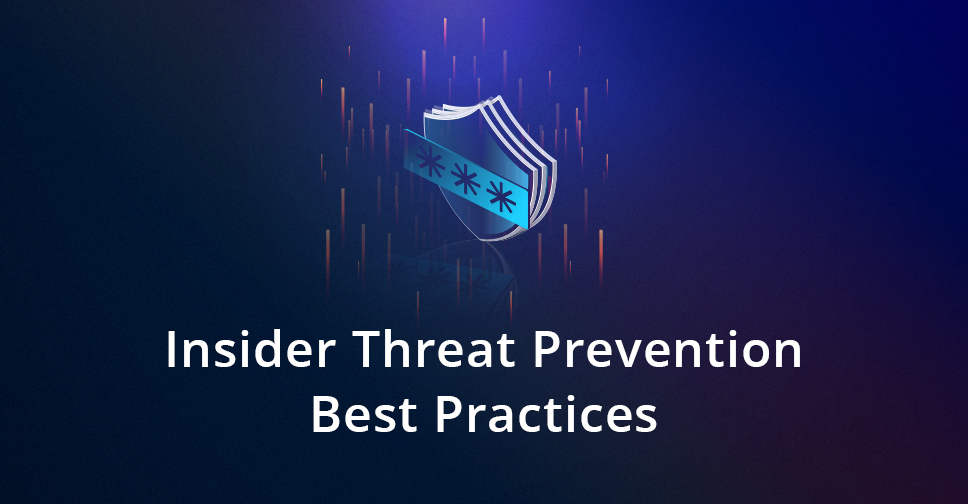The number and ratio of data breaches are increasing drastically, and these attacks on the servers cost a huge loss to businesses. These threats to servers are either from outsiders or insiders. The intentions of both types of attackers may either be the same or different, but most of the insider attacks are in response to a personal grudge or employees bribed by your competitors.
Such insider attacks are difficult to identify because the people hurting your server might have access to it. In such situations, it becomes very difficult to find who was responsible for these data breaches. That is why it is very important for a business to know these insider attacks and how to deal with them for a secure server in the future.
Keep reading this article to get familiar with the possible insider server risks and their prevention methods.
Top 6 Ways to Identify and Resolve Insider Risks for Your Servers
You never know who will cause harm to your servers if you do not take strict actions and implement security policies. There are chances that the hosting service you have opted for is providing opportunities for your competitors to access your servers, or it could be your own employees. Apart from defining policies and preventive methods for outsider attacks, you must also have a security check to prevent insider server attacks.
Here, we have compiled a list of useful techniques for detecting potential insider risks on your server and strategies for preventing them.
1. Assess and manage risk periodically
It is important for businesses to know and assess which areas have a higher number of threats and vulnerabilities. After identifying these areas, businesses must implement security checks and techniques to ensure the critical aspects or elements are safe from these attacks. Having a host that helps you implement these security policies and updates is important for a secure server. For many businesses, web hosting companies in Dubai are the top priority to assess the possible server risks and implement security updates accordingly. These policies will enable the security of servers from both inside and outside attacks.
2. Account management policies
The people attacking your servers from within the organization know that how important your account details are. If these people get the account details, such as your email Id and password, they will easily access the server resources. So, it is important to secure your passwords and avoid sharing them with people other than the administrators. You can also implement two-factor authentication methods to make access to the server difficult for the insiders, even if they have the Email Id and password.
3. Deactivate access
One of the biggest mistakes businesses commit is forgetting to deactivate the access of employees that are no more a part of their organization. It is possible that these people may cause harm to your data and server resources after detaching your organization. That is why to prevent such security issues to your server, make sure you are deactivating the access of people that are not part of your cause or do not require access anymore.
Read also: Buying Linux VPS hosting
4. Protect against malicious code
The people that have administrator privileges can also harm your servers through malicious code. These people may add malicious code which affects your servers and systems. These people may also use logic bombs to destroy your networks and systems. That is why it is important to keep validating and scanning your web applications for any malicious codes. The security updates and software provided by your web host will help you to conduct these scans and protect against these attacks.
5. Keep an eye on the system administrator
To avoid insider attacks, it is important to keep monitoring the activities of your employees. But these employees have limited access to your systems, and they can make minimum changes to them. But the people with higher authority and privileges are the administrators. It is important to implement a system and enhance security methods to monitor the activities of the administrators and prevent them from making any unhealthy changes.
6. Monitor suspicious activities
You must make sure that there is nothing suspicious going on on your network. Keeping a check on the activities of your employees online will help you prevent insider attacks. A reliable host will help you implement security updates that will enable you to identify any suspicious activity on your network. You can also consult experts to provide you with reliable and secure services to avoid risks to your servers.
Improve your server security!
With all these preventive measures, you can ensure the security of your servers and minimize insider or outsider attacks. For that, you need to make sure that the hosting service you have opted for is reliable. If the host is reliable, you do not need to worry about frequent inside and outside attacks, as everything will be monitored and checked.
